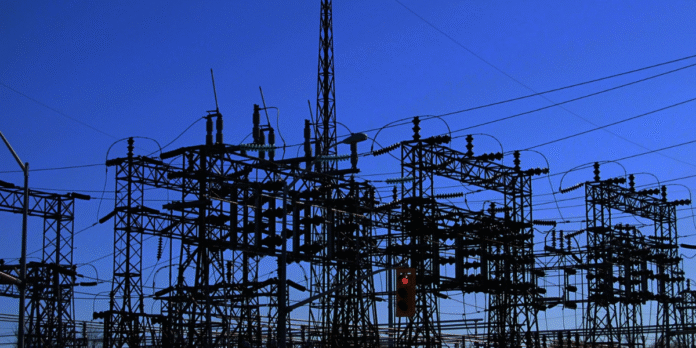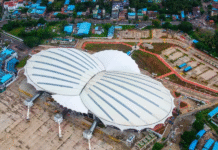The Electricity Department of the Andaman and Nicobar Administration has revived 2.5 MW of power generation capacity at Bambooflat, providing much-needed relief to residents of Sri Vijaya Puram and adjoining areas grappling with frequent power shortages. The revival was made possible through the restoration of two diesel generator units, one with 1500 KVA and another with 2250 KVA capacity, in the existing 10 MW private power plant. Following extensive repair and testing on September 14, the units were synchronized with the grid, raising total capacity from 33 MW to 35.5 MW during evening peak hours.
This comes as the islands continue to face shortfalls between demand and supply, often resulting in rotational load shedding. Officials have confirmed that additional measures are being implemented, including the installation of 3 MW of new diesel generator sets in the same power plant by the end of September. Once operational, this will enhance capacity to 38.5 MW, offering greater stability to the grid.
Long-term steps are also underway, with new power purchase agreements signed for 10 MW and 5 MW capacities. Approved by the Joint Electricity Regulatory Commission, the projects are already under installation and are expected to be commissioned by November 2025. These augmentations are projected to significantly improve the reliability of supply and reduce the dependence on makeshift arrangements.
While the administration works on immediate solutions, the Electricity Department has called upon consumers to actively participate in the transition toward renewable energy. Citizens are being encouraged to install rooftop solar systems under the PM Surya Ghar Muft Bijli Yojana. The scheme provides subsidies from both the Centre and the Union Territory administration, reducing the upfront cost of installation. Officials noted that such participation would not only reduce dependence on diesel-based generation but also build long-term energy resilience.
Authorities stressed that the move toward rooftop solar is critical for the islands’ goal of de-dieselization, cutting fossil fuel use, and building greener alternatives. Given the high cost of importing fuel and its environmental implications, decentralized solar adoption is seen as an important solution. Each installation directly reduces pressure on the grid and empowers households and establishments with greater energy independence.
The department reiterated its commitment to meeting the needs of residents despite constraints. Officials highlighted that consumers have been cooperative in recent months, adjusting to load management schedules and contributing to energy conservation. With both conventional expansion and renewable integration on the horizon, the administration aims to strike a balance between short-term fixes and long-term sustainability.
In the coming months, authorities expect smoother evening power availability as new projects come online. However, they underlined that without consumer participation in renewable energy initiatives, the cycle of diesel reliance cannot be fully broken. The administration’s appeal to households and institutions is clear: adopting rooftop solar is not just a personal investment but a community-wide contribution to a cleaner and more secure energy future for the islands.






